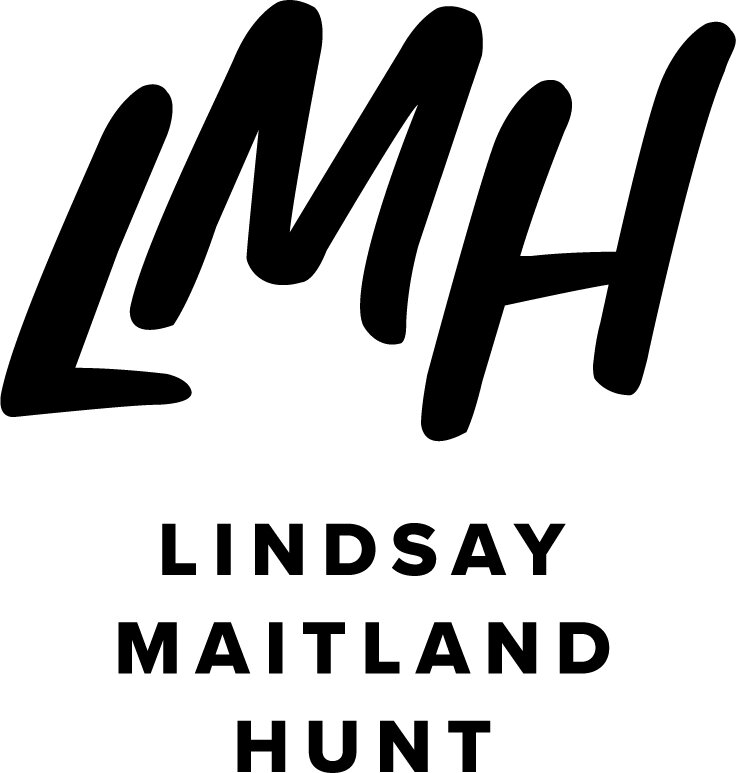How I'm Dealing with Alcohol During My Year of No Sugar
I am very excited about the enthusiastic responses I’ve received to my year of no sugar plan! As I said in my last post, whether you try just one day or an entire year, one of the benefits of pausing sugar is seeing the role it plays in your life. For instance, you might find that buying a cupcake on the way home to “reward yourself” for a stressful day at a work, or absent-mindedly snack through a bag of chocolate-covered pretzels to distract from loneliness. Hey, we’ve all been there.
Alcohol often plays a similar role in our lives, and drinks like wine and mixed cocktails contain sugar, too. So it’s no surprise that one of the most common questions I got was: How will you deal with alcohol this year?
First off, I am doing dry January to reset my body in general. Alcohol can be beneficial in moderate amounts, but over that level it can cause inflammation, and I don’t need to go deep into science to know that my body just doesn’t feel great after drinking a lot. There’s also the emotional toll that drinking takes. Whether it’s feeling a little off the next day to feeling downright depressed, I know that taking a break will be good for me.
Second, I know I’ll be more successful with my year of no sugar if I start with a month without alcohol. Alcohol lowers inhibitions in general, and lowered inhibition tends to be a catchall for tricky behavior, whether that’s eating a chocolate bar or texting my ex. (Again, we’ve all been there.) I don’t have to worry that I’ll accidentally use up one of my ten free days because I had one too many glasses of wine.
But, after this month, I will be reverting to moderate drinking. While I will not be drinking any cocktails that have sugar added, (since that would break rule number one of my no sugar plan), I believe that I can maintain a healthy relationship with alcohol as long as it’s moderately consumed. (To be clear, I’m talking about anyone who is not diagnosed with alcoholism.) What does moderate drinking mean for me? Well, it means somewhere between 5 and 11 drinks a week, but no more than 11. These are numbers I’ve come to after years of self-reflection about the role alcohol plays in my life—while I love drinking, I have my eyes open about the potential consequences of over doing it.
Wine
Even though wine is made from grapes, which contain fructose (the sugar found in fruit), the fermentation process reduces the sugar content significantly. Red wine is lower in sugar than white wine, and dryer wines are lower than sweeter ones. Makes sense, right? You can literally taste the sugar content.
I try to only drink natural wine, which is a wine-making style of minimal intervention in the how the grapes are grown, harvested, fermented, or bottled. This natural winemaking process excludes things that conventional winemakers do like adding sugar (!!), unfermented grape juice, or other chemicals during the fermentation process. If you want to learn more about the way conventional wine is manipulated, I highly recommend Bianca Bosker’s book, Cork Dork. While some organic wines are natural, “organic” alone doesn’t mean that the winemaker didn’t intervene in the growing or fermentation processes. Natural wine is a philosophy as much as a method of growing, and I like supporting producers who are making quality products in the name of better-for-you (and more delicious, IMO) wine. Enough preaching for now, but if I caught your interest and you don’t know much about the subject, I like Marian Bull’s refreshingly unpretentious overview of natural wine on GQ.
Spirits
Anywho. Maybe you’re curious about more serious booze, like whiskey or vodka or tequila. And don’t skinny girls always drink vodka with seltzer? Maybe they’re onto something… Truthfully, I always resented the thin ladies who’d order a drink like this because I felt like a lush who didn’t care about her body. But it turns out I learned more than just how to self-direct my body shaming, that skinny girl cocktail is right on the nose, which is that you can indulge without drinking sugar. Spirits like gin and vodka are low in sugar, again, because of the fermenting process, and they’re even lower than wine. My favorite cocktail is mezcal (for the smoky flavor) mixed with seltzer, crushed mint leaves, a squeezed lime (throw the halves into the glass after juicing). If you care about grain-free drinks because you’re paleo or extra serious about “carb-free” living (btw, all plants have carbohydrates, people) then tequila and mezcal are for you, since they’re refined from the agave plant, which is a succulent, not a grain.
For more detailed guidelines, click on over to Sarah Wilson’s guide to alcohol on a sugar-free diet over on Mind Body Green. After my month without drinking, I’ll be going back to wine and spirits, particularly mezcal. Since I’m gluten-free, I didn’t address beer, but you can find more details at the link above.
Finally, let’s all please recognize that there’s nothing to be won by claiming any kind of alcohol is healthy. Repeat after me: enjoyed in moderation and with company, it’s fine, but alcohol is not a requirement for a healthy life.
